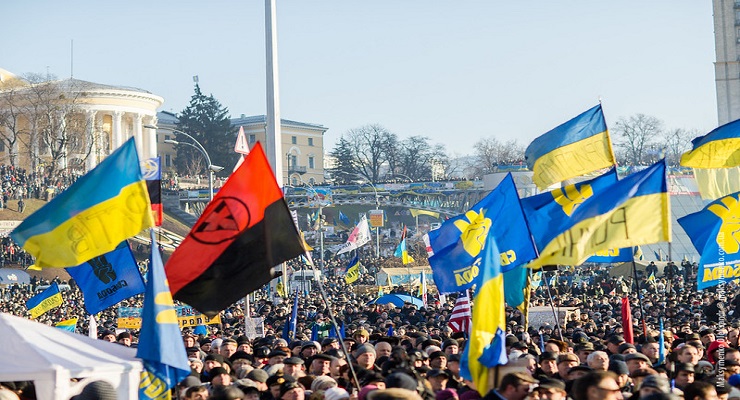
A new study by Sirianne Dahlum, Carl Henrik Knutsen and Tore Wig “empirically revisits the social origins of democracy”.
“In a new study, we systematically examine how citizens have sought to promote democracy in about 150 countries. Here’s what we find: Industrial workers have been key agents of democratization and, if anything, are even more important than the urban middle classes. When industrial workers mobilize mass opposition against a dictatorship, democratization is very likely to follow,” they write for the Washington Post’s Monkey Cage blog:
Democratization is much more likely to follow mass protest movements that are dominated by the urban middle classes — and even more so when industrial workers are protesting. These groups often combine a strong preference for democracy (especially in urbanized societies) with the capacity to push through democratizing changes.
Industrial workers, in particular, can use unions, international labor networks and social democratic parties to coordinate powerful challenges against dictatorial regimes. Here, we agree with influential, in-depth studies of specific European and Latin American countries, which highlight the historical role of labor movements in pushing for universal suffrage and competitive multiparty elections.
According to Democracy Digest, the findings echo the claims of other research – such as Ruth Collier’s Paths toward Democracy: The Working Class and Elites in Western Europe and South America – that analysts of democratic transitions have unduly emphasized elite-driven democratization, including the role of civil society groups.
Read the full article here.
Leave a Reply